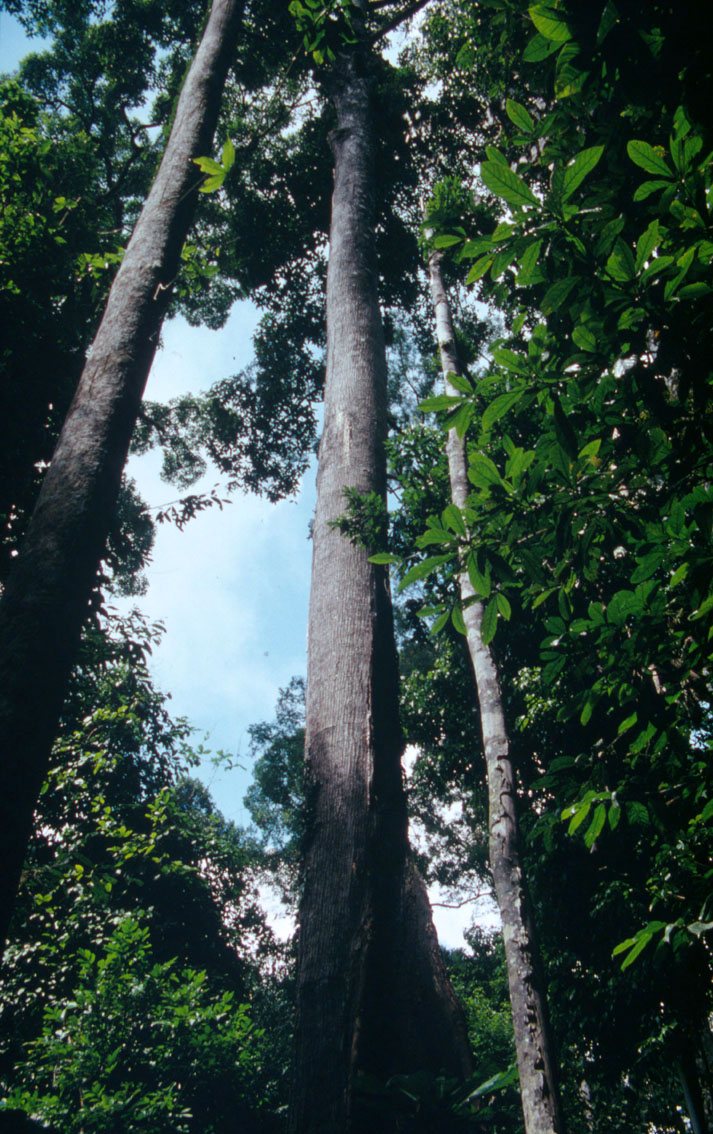Whether it be the daily needs of a local farmer or the economic importance of mega plantations, our neighbours are reliant on the use of forest natural resources. WWF works with these countries in finding a balance between safeguarding our forests and the need for economic growth.
The biggest threats to our forests are illegal logging, forest fires and forest conversion. WWF in Asia Pacific works to establish and manage protected areas, restore degraded landscapes and promotes better forest management, such as in the Heart of Borneo.
Soh Koon Chng: WWF International Global Forest Communication Officer.
Q: What brings you to Singapore?
A: It’s personal. I am a Singaporean and I come home each year during Chinese New Year to spend time with my family and friends. Also, now that WWF has an office in Singapore, it gives me the opportunity to meet up with colleagues to share and exchange information.
Q: What are the main forestry issues in Asia today?
A: Deforestation is still a major issue here caused mainly by forest conversion for agricultural expansion such as establishment of oil palm plantations. In Asia and the Pacific we have several forest-rich countries who depend on natural resources like timber for foreign exchange. The pressure on these forests is great and we need to promote ways that can help these countries to develop economically without great expense to or loss of forests.
Q: Who are the region’s major players and why?
A: Governments, the big companies dealing with commodities like palm oil as well as pulp and paper, and the financial institutions (banks) that lend money to these companies. Governments because they own much of the forests and they set policies, regulations and legislation and enforce the law. The private sector i.e. the companies and financial institutions because they drive much of the economy. Some of the multinational companies have budgets that are bigger than the GDP (gross domestic product) of some of the region’s smaller countries. They can influence how products are manufactured or sourced because of the huge volume of their purchases or business.
Q: Singaporeans are affected by ‘the haze’ which is caused by burning forests in surrounding countries, mainly Indonesia. What would be a solution to stop this?
A: Fires are usually signs of bigger, underlying problems. So we need to tackle these underlying problems which include inappropriate land-use planning and economic incentives (such as subsidies for plantation agriculture) that encourage the use of fire as a means of clearing forested land, and weak or under-resourced government institutions. There are a variety of solutions to tackle these problems. Among them are better land-use planning, and building awareness amongst policy-makers as well as plantation owners and farmers on the underlying causes of catastrophic forest fires, their associated societal and economic costs.
Q: What is WWF’s role in the solution of the forestry issues?
A: WWF’s role is that of a catalyst and facilitator, supporting and working with both governments and business and industry. For instance, WWF works with governments, supporting them in establishment and effective management of protected areas (eg.nature reserves and national parks). We work with business and industry to influence and help them adopt and implement best management practices, including responsible purchasing and sourcing policies. Through WWF’s Global Forest & Trade Network (GFTN) initiative we bring together companies and other groups such as local communities commited to responsible forestry practices to trade with one another. WWF develops forest conservation tools which we then pilot with various groups to promote and replicate them.
Q: What is WWF Singapore’s role in these issues?
As an economic powerhouse in Asia, Singapore can help push corporations operating in the region to adopt practices that are good for business and good for the Earth. As one of the region’s financial hubs, Singapore can lead the way in for example promoting standards and investment guidelines that ensure nature is not compromised. It is great to hear that the Singapore Government is keen to promote sustainable development and that it has established a high level team to look into this.
Read more on Forestry and Sustainability














